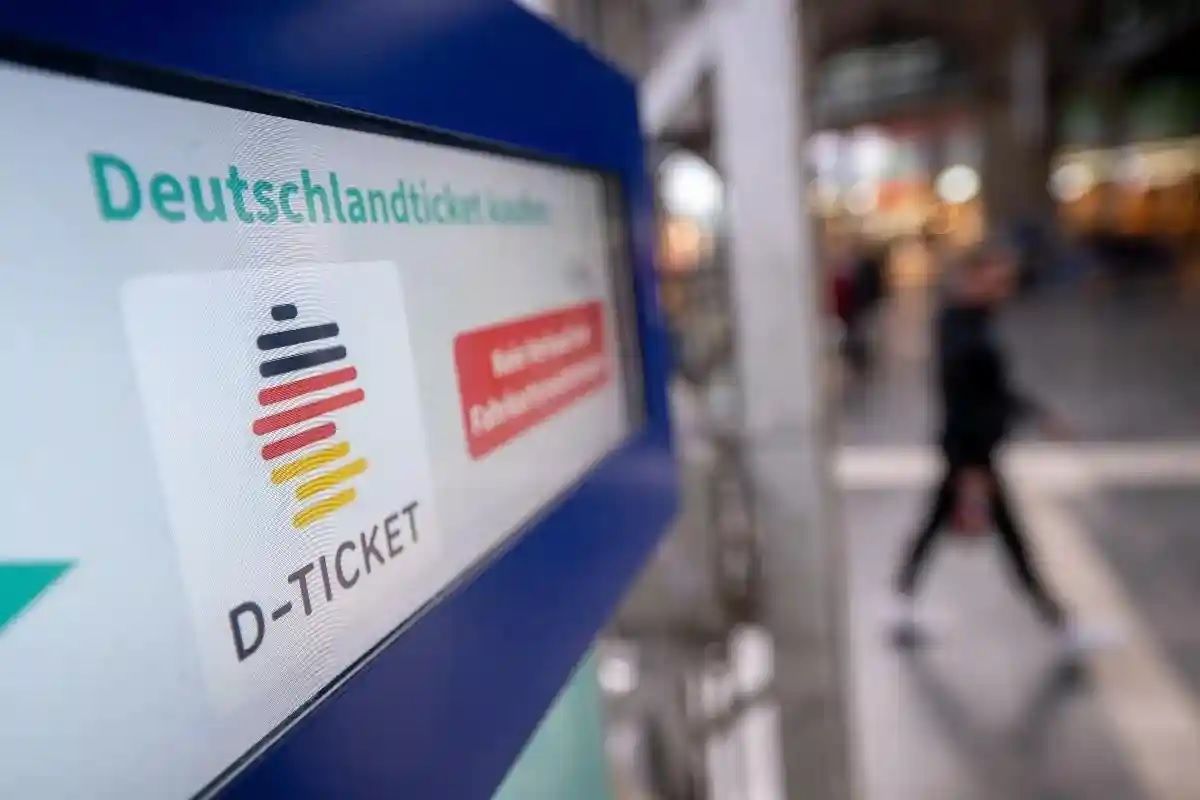The first German town rejects the €49 ticket. What awaits other towns?
The first German city has rejected the €49 ticket
The small town of Stendal in the eastern state of Saxony-Anhalt is set to become the first municipality to partially reject the nationwide €49 public transportation ticket in Germany from January 1, 2024.
This means that the Deutschlandticket, priced at €49, which covers all local and regional public transportation in Germany, will still be valid for all modes of transportation but will not be valid on city buses within the town with a population of 41,000.
Public buses starting or ending their journey in Stendal will also not operate under the €49 ticket.
It will still be valid on rail transport within and to/from the city, but from January 1, people traveling on buses will need to purchase an additional ticket. This applies to six buses within Stendal itself and 35 buses traveling to and from the city to places such as Seehausen, Osterburg, and Tangermünde.
Stendal is stepping back from the ticket deal due to questions about current financial support from the federal and state governments, which agreed to cover the expenses in 2023 but haven't reached a final plan for further funding. According to estimates, participating in the ticket would incur additional costs of €40,000 for Stendal in the first four months of 2024. Therefore, the city council voted to reject the ticket within the city limits.
This has raised concerns that other local authorities, especially those facing financial difficulties like Stendal, might follow suit.
Could this happen elsewhere?
The state government of Saxony-Anhalt has stated that Stendal is a unique case, and the Minister of Infrastructure of the state has declared that no other municipality in Saxony-Anhalt will make a similar decision.
"The residents of the region will be particularly affected by this decision", said Minister Lydia Hüskens (FDP).
The German Districts Association states that Stendal's decision is not surprising since federal and state authorities have not been clear enough that the costs of the ticket fall on local districts.
"The states must obligate districts to use the Deutschlandticket and thus take responsibility for its financing", said the association's president Reinhard Sager, adding that if state governments do not allocate funds, local districts will either have to reject the ticket or cut public transport offerings. According to Sager, considering this, Stendal's decision is not unexpected.
Thuringia's Minister of Transport Susanna Karawanskij (the Left Party) criticized this decision, stating that it could lead to significant confusion among passengers if other municipalities follow suit.
"Our goal, of course, is for the Deutschlandticket to be offered nationwide, so we don't end up with a patchwork quilt from different regions and areas of Germany," she said.
Thuringia has legislatively obliged the introduction of a €49 ticket in its state, meaning that no local district can reject it. However, this is the only one of Germany's 16 federal states where such a law is in place, indicating that other cities across Germany may reject it.
The chairman of the Altmärk Green district association, Christian Hauer, suggests taking this decision seriously.
"We know that other districts are struggling with this, and this could be a signal to other districts," he warns. "The entire Deutschlandticket could just collapse", he said.
Related topics:
The decision made by Stendal to partially reject the €49 ticket could inspire other cities facing financial challenges.
In accordance with Stendal's example, other municipalities might be compelled to reconsider their participation in the €49 ticket scheme, potentially leading to a wider rejection of the ticket.




